
Hot News for a Cold Day
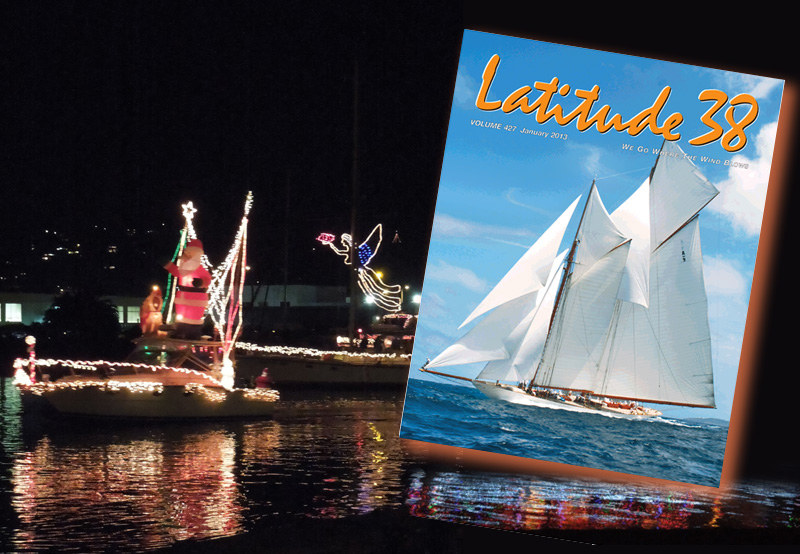
© Latitude 38 Media, LLC
Here in the Bay Area it’s due to be cold, cold, cold for the next couple of days, so we assume only heavily dressed diehards will be out sailing. As an alternative, we suggest you get your sailing fix by picking up a copy of the January Latitude 38. It’s hot off the press, and chock full of the latest sailing and cruising news, plus features on one-design Season Champs, San Diego’s globe-trotting Houlihan clan, the Year in Review and much more. If you’re not near one of our many West Coast distribution sites, you can also download the entire mag as a PDF or eBook, or simply read it online . . . all for free!
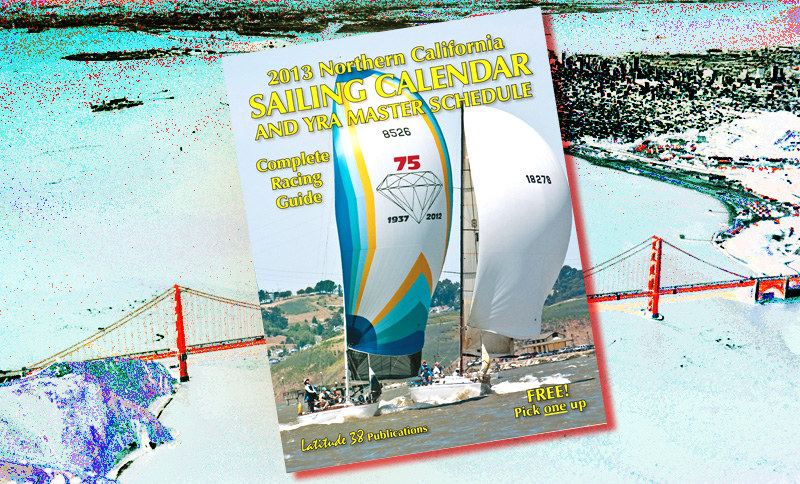
© Latitude 38 Media, LLC
Be aware also that today’s the day when we also distribute our annual Northern California Sailing Calendar and YRA Master Schedule — available for free at all Latitude distribution points and also online (available this afternoon). Even if you don’t race often, it’s a great idea to have a copy on board, as the Calendar includes charts of all Central Bay buoys, listings of out-of-the-area events, plus all sorts of other useful info.
Here at Latitude World Headquarters we’re busy sorting out our editorial plans for the coming year. Naturally, we’ll do our best to bring you the top sailing stories from the West Coast and beyond. What are our sailing resolutions for 2013? We’ll think about that over the weekend and let you know Monday. We will be publishing ‘Lectronic Latitude Monday, December 31, but not on Wednesday, January 2.
However you spend this wintery weekend, we hope it includes some deep relaxation in the company of family and/or good friends.
‘Crew’ Needed for Sunken Ships
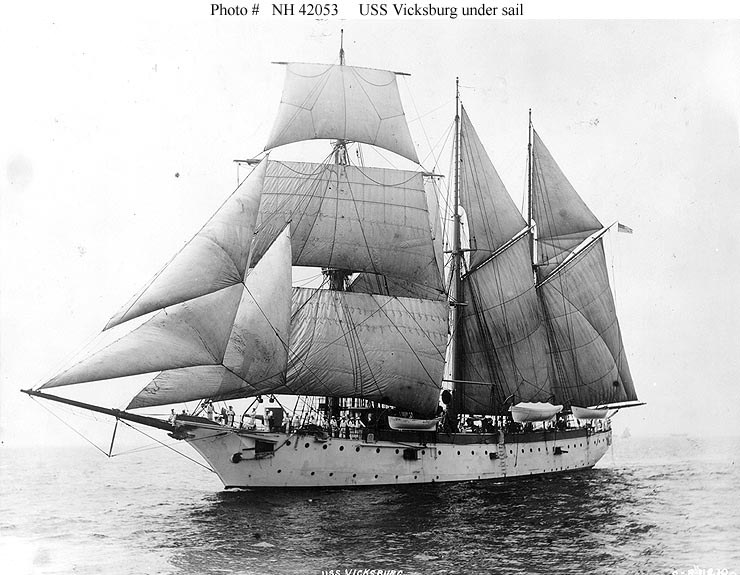
Longtime Bay sailor and Latitude proofreader extraordinaire Jean Ouellette tipped us off to an interesting volunteer opportunity for those intrigued by old ships or old weather. "Old Weather is a project of the National Archives," Jean explains. "They’re seeking volunteers to transcribe logs from historic and modern Arctic-voyaging ships in order to gain a more complete record of weather and climate conditions. Ships include the revenue cutter Bear (1874), the gunboats Vicksburg (1896) and Concord (1888), the barkentine-rigged steamer Patterson (1884), and several others."
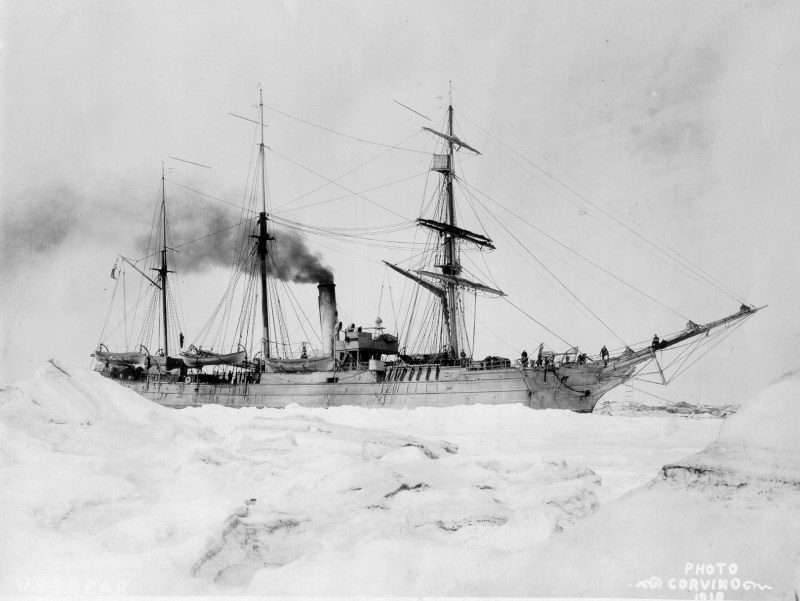
In the age of computers, it’s natural to wonder why these logs aren’t just scanned and translated by machines. Unfortunately, handwriting — especially the lovely, flowing script from days of yore — is difficult for computers to analyze. Throw in odd abbreviations or the occasional blob of ink, and it’s nearly impossible. Plus, humans are better at identifying important information and events.
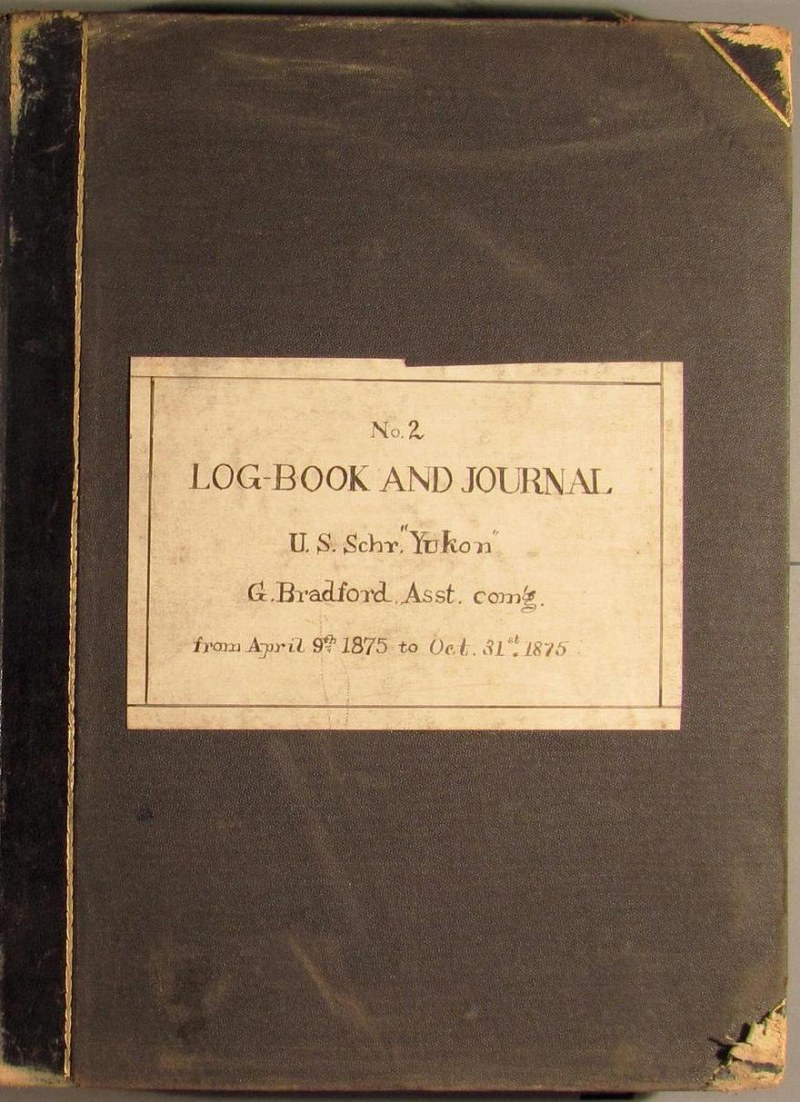
In addition to learning more about various ships’ histories and socializing with other like-minded sailors on the site’s forum, volunteers work their way up in the ranks of each ship’s ‘crew’, earning points for their contributions. How cool would it be to say you were the captain of Yukon, a Maine-built schooner that was one of the first vessels to survey the waters of Alaska? With only 7% of its logs transcribed, and the current captain only having 1,859 points, it’s an attainable goal for the stout of heart, hale of spirit and speedy of internet.
Enjoying the iPad Hot Spot
Cruisers in Mexico primarily use two ways to get internet access. One is wifi, which is great — assuming you have access to it. That’s often not the case on a boat, however, which is why we and others have, for several years, been using modems from TelCel for our computers.
You stick the modem into a USB port, bang on a couple of keys, wait a bit, and if you’re in cell phone range, you get internet access. Usually the speeds are decent.
Unlike in the States, where rapacious phone companies try to force you into long-term contracts, in Mexico you generally buy the amount of data you’re going to use. You can ‘recharge’ over the internet or, if you can’t read the Spanish instructions, at any Oxxo, which is the ubiquitous Mexican version of 7-Eleven.
Recently, we were about to go to Oxxo to sign up for more data on our modem when inimitable cruiser Arjan Bok of the home-built San Francisco-based Lidgard 43 cat Rot Kat told us he had a better way — at least for owners of current model iPads.

© Latitude 38 Media, LLC
"Just go to the main TelCel office, replace your U.S. SIM card with a Mexican SIM card, and your iPad becomes a ‘hot spot’ — meaning that up to five other nearby devices can wirelessly use it for internet access also."
So on Christmas Eve we did as Bok instructed. After installing the new SIM card — which the TelCel gal said she gave us for free because our hair was so long and unruly — we just went to our iPad Settings, switched on Hot Spot, and like that were getting internet on our iPhone and MacBook Pro, too. Yes, it was so easy that a publisher was able to do it.

© Latitude 38 Media, LLC
The advantages a ‘hot spot’ has over the TelCel Banda Ancha modem are: 1) You don’t have to plug a modem into your device and wait for the start-up every time you want to get on the internet; and 2) You can use the iPad as a ‘hot spot’ to provide internet access for up to five other devices.
It’s also possible to use your recent-issue iPhone as a ‘hot spot’, but it has to be ‘jail broken’. That’s not the case with iPads, which aren’t shackled that way.
This text and the accompanying photos were sent from Mexico using our ‘hot spot’.
